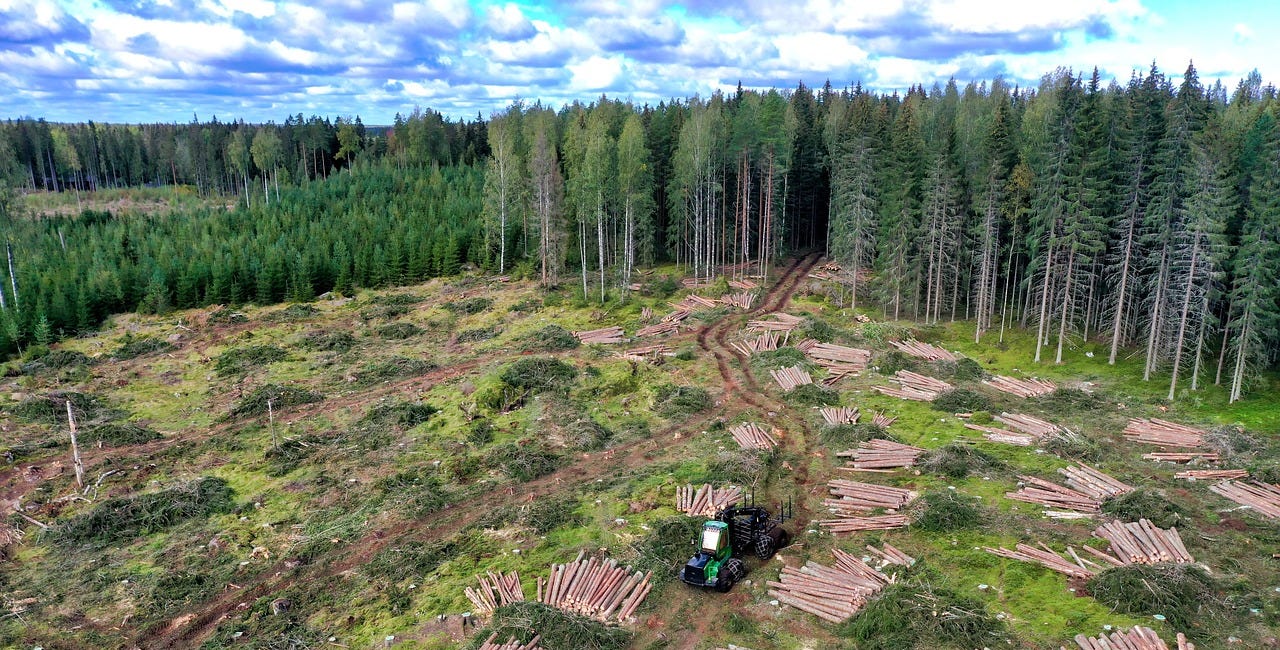One Planet News: Wealth over health? The real risks of climate change
Is the Heathrow runway one detrimental step too far?
By Annette J Beveridge
Preparations to combat and prevent the detrimental risks associated with climate change have been frustratingly slow with world leaders seemingly reluctant to take serious action.
Here in the UK, there has been a delusional, ‘not us but them,’ approach and in many ways, the UK impact has been minimal in comparison with some other countries, but the reality is that climate change has the potential to be far worse than most would ever imagine.
Here’s why
The World Health Organisation (WHO) issued a warning over the effects of climate change stating ‘It threatens the essential ingredients of good health – clean air, safe drinking water, nutritious food supply and safe shelter – and has the potential to undermine decades of progress in global health.’
Yet seemingly, there is little fear about rising temperatures breaking through the 1.5 degrees or 2 degrees safety point.
250,000 more deaths anticipated annually
More than 2.5 billion people already live in areas which are highly susceptible to climate change according to the WHO. Between 2030 and 2050, climate change is expected to cause approximately 250,000 additional deaths per year, from malnutrition, malaria, diarrhoea and heat stress alone.
There is also a very real risk of disease-carrying mosquitos with Zika or Dengue fever with weather conditions mirroring temperatures here similar to the countries where disease-carrying mosquitos thrive.
Published on the UK Government’s website, a statement confirms that ‘the climate is changing already and as greenhouse gas emissions continue to rise, climate models project that we will see warmer and wetter winters, hotter and drier summers, and more frequent and intense weather extremes.’
Read more: UK adults lack connection to nature according to recent study
In July 2022, temperatures in the UK exceeded 40°C for the first time on record. At night, temperatures remained above 20°C. According to information on the government’s website, the chance of the UK seeing 40°C days could be 10 times more likely in the current climate than in the past.
Food poisoning and allergies
Reports by the UK Health Security Agency (UKHSA) suggest that climate change could lead to up to 10,000 more deaths per year by 2050 due to effects on everything from food poisoning to allergies.
Head of the Centre for Climate and Health Security at UKHSA, Dr Lea Berrang Ford, said: “The evidence is clear – climate change is not solely a future health threat. Health impacts are already being felt domestically and globally, and these risks will accelerate.
“Temperatures will likely continue to increase until at least mid-century, irrespective of the amount by which we decarbonise in the decades to come. Many current working-age adults will be over 65 years [old] and potentially highly vulnerable to the health impacts of increased temperatures. A child born today will be in their working-age years when health impacts may peak or accelerate further, depending on how much we decarbonise now.”
Government data also states that by 2070, regions in the south of England could have, on average, the hottest days reaching 40°C. Warmer, drier summers are likely to increase the risk of wildfires in the UK, as seen in the summer of 2022.
Read more: Five years to irreversible change
Time to ask the question
With the news that a third runway at Heathrow was approved by the Government, it is worth considering how seriously it is taking the risks or how prepared it is. How far have the preparations to combat climate change, air pollution, food security, or transport fared?
No doubt the country’s economy is extremely important, few would argue with this, but as climate change is not a distant threat and could impact health, work and the economy, in the not-too-distant future, we must ask a serious question.
Is it wealth over health at this point?






